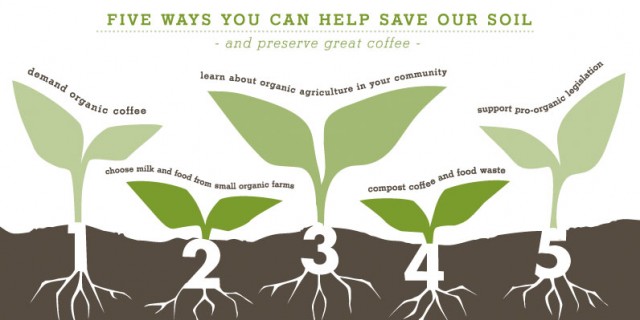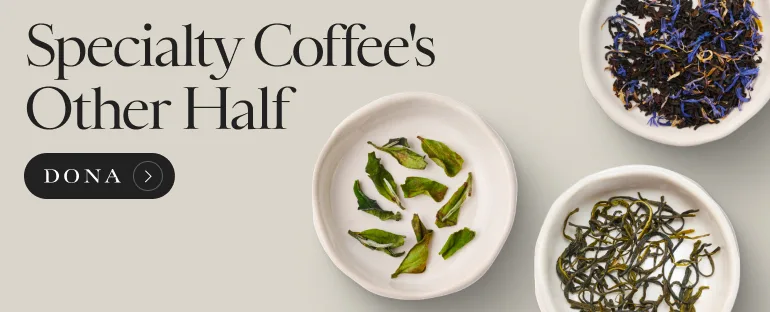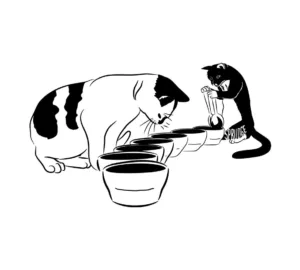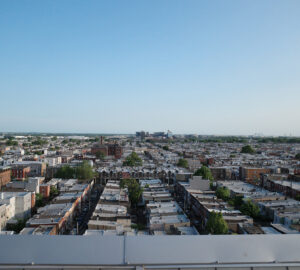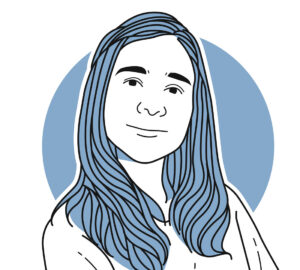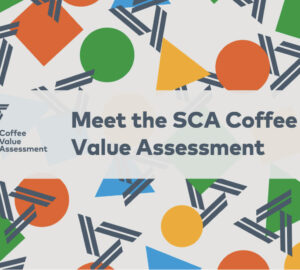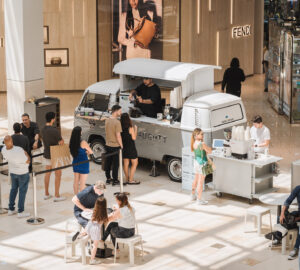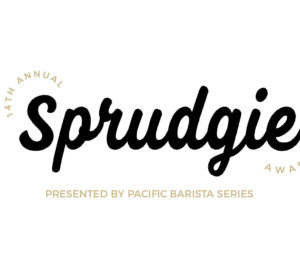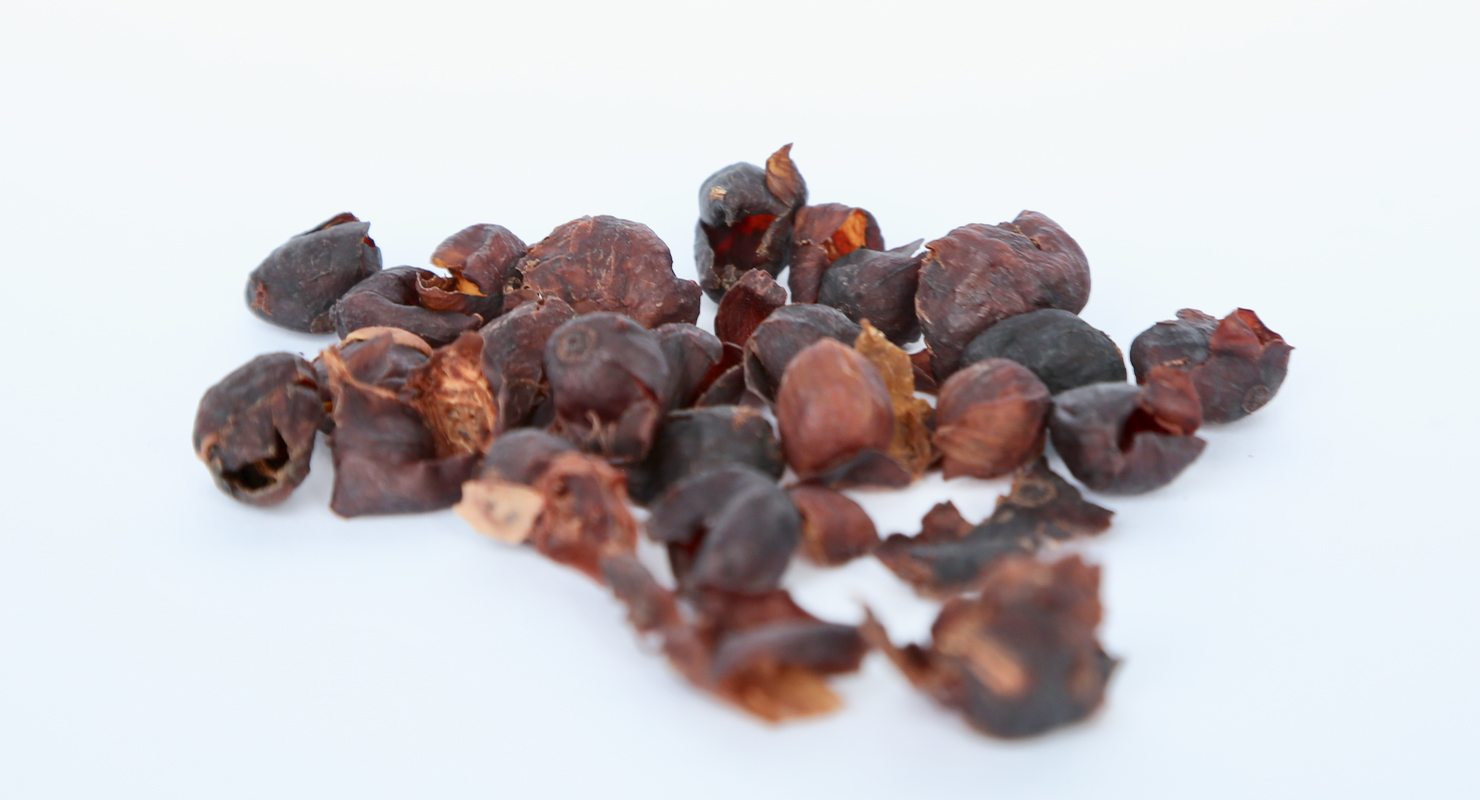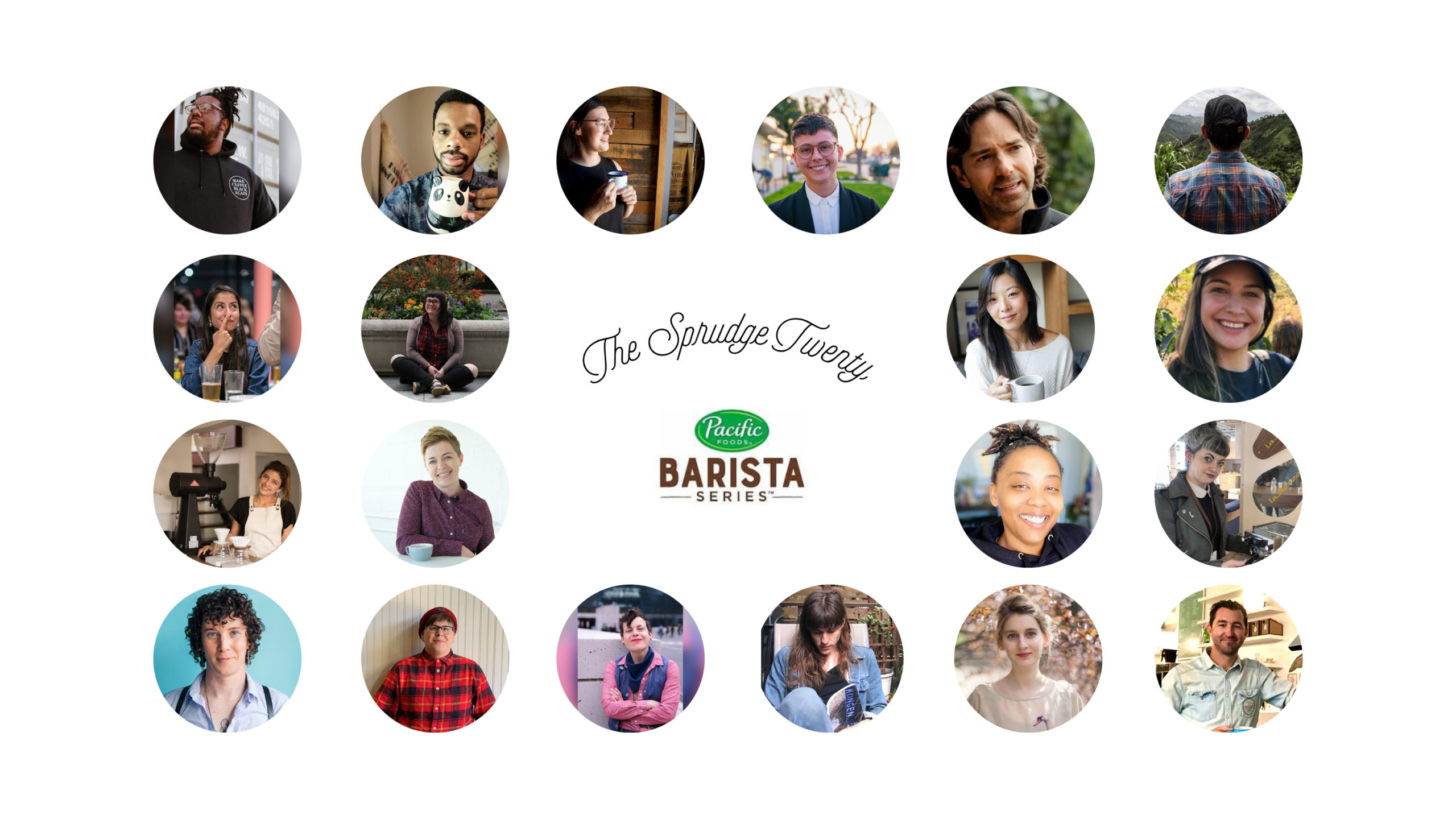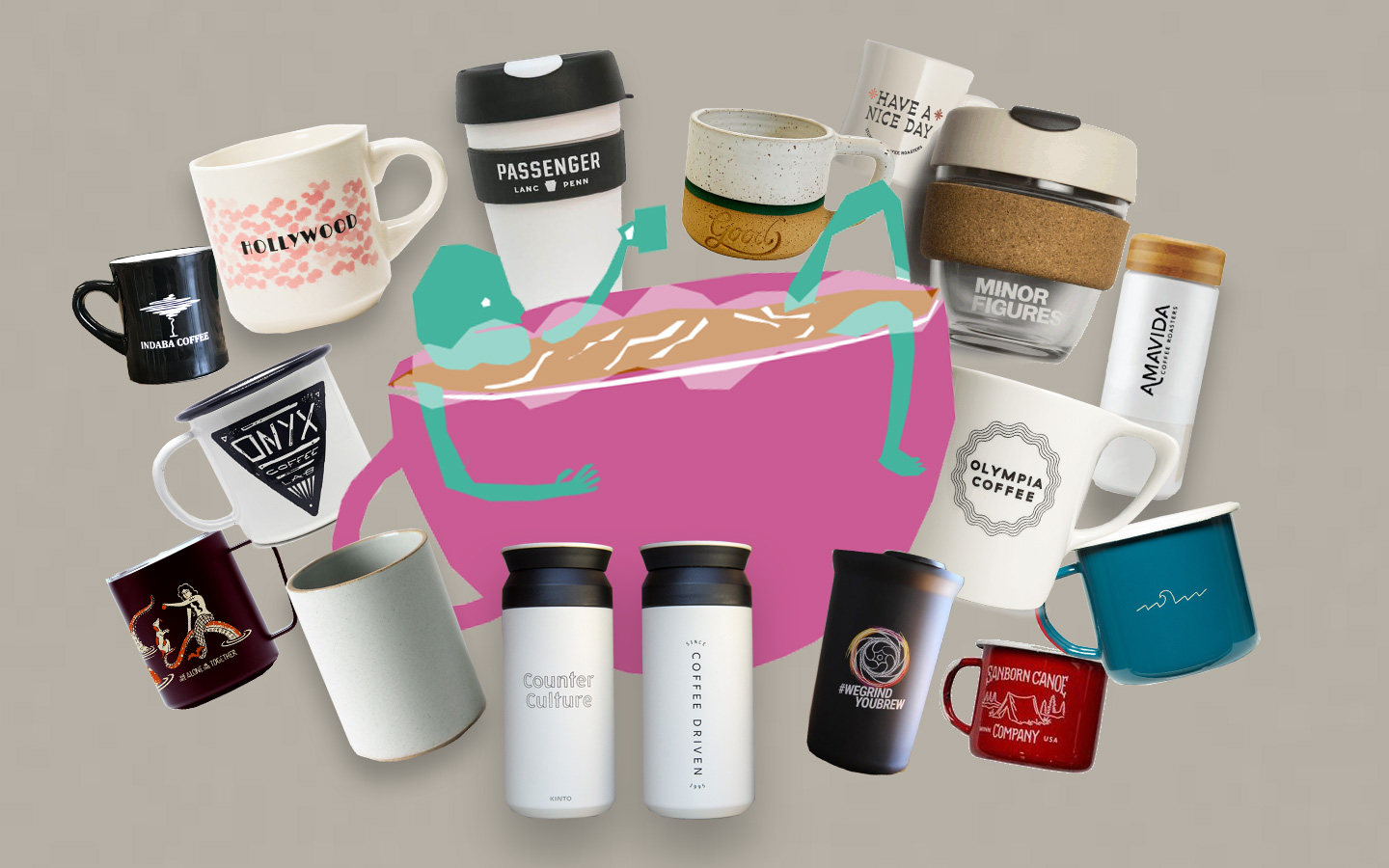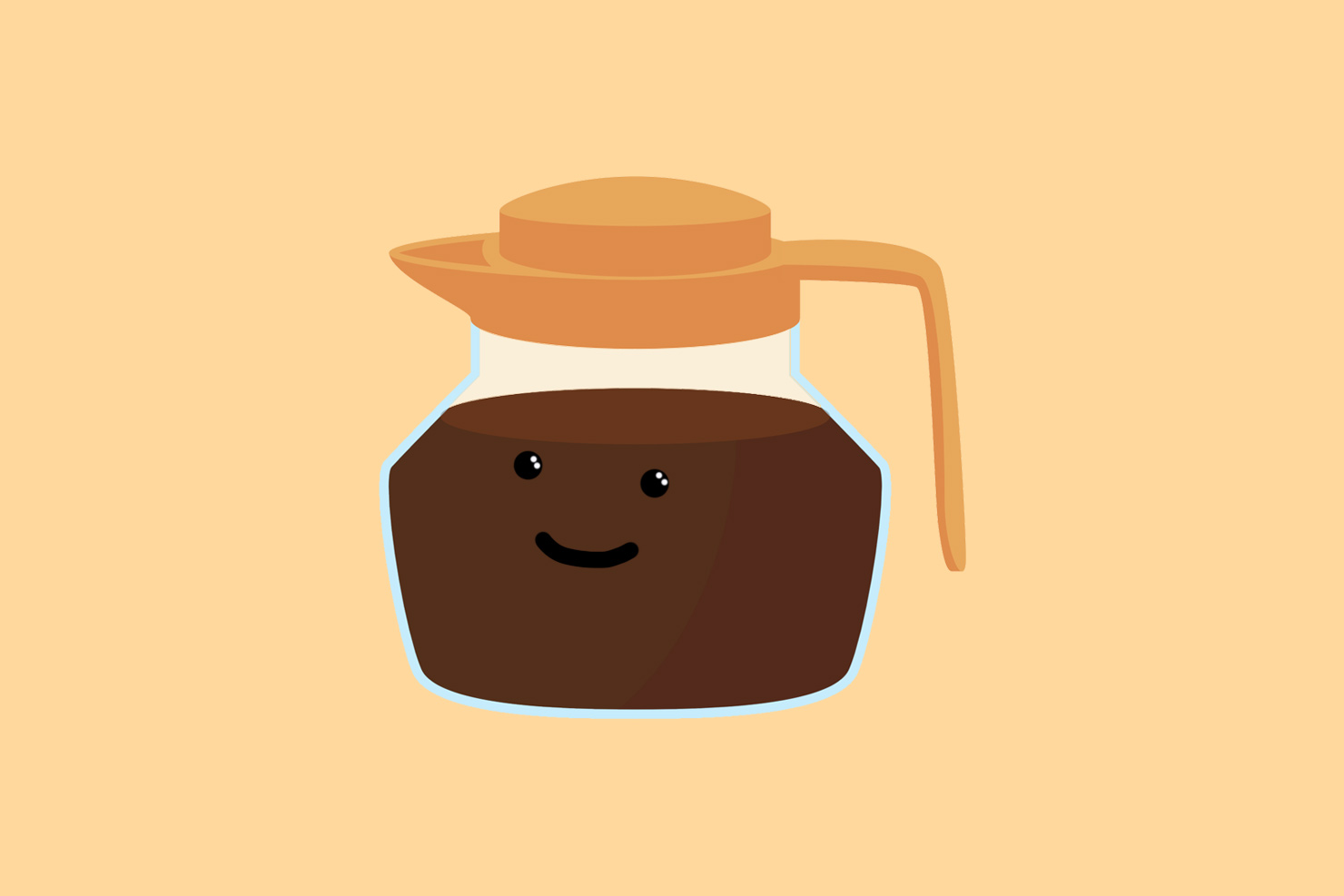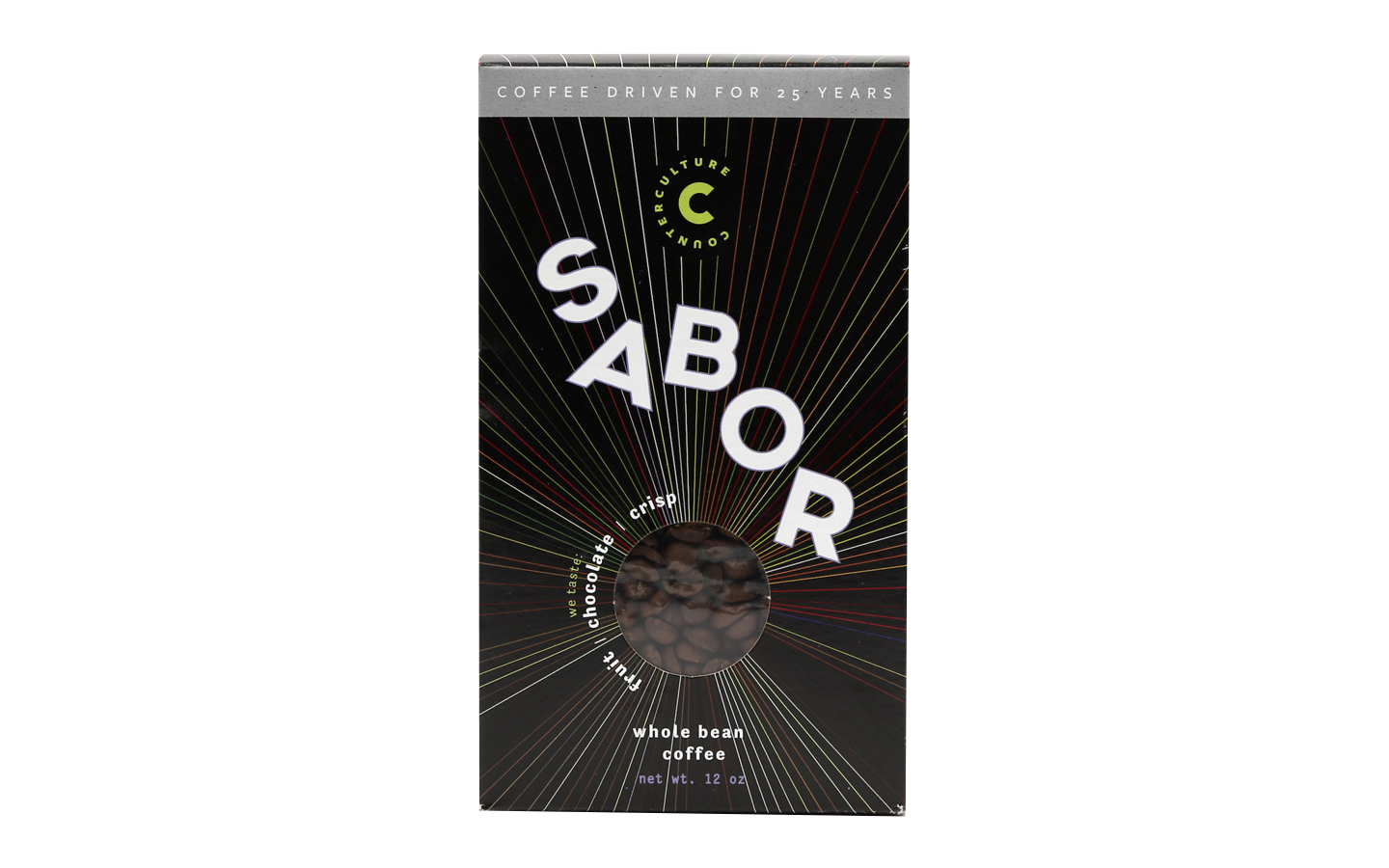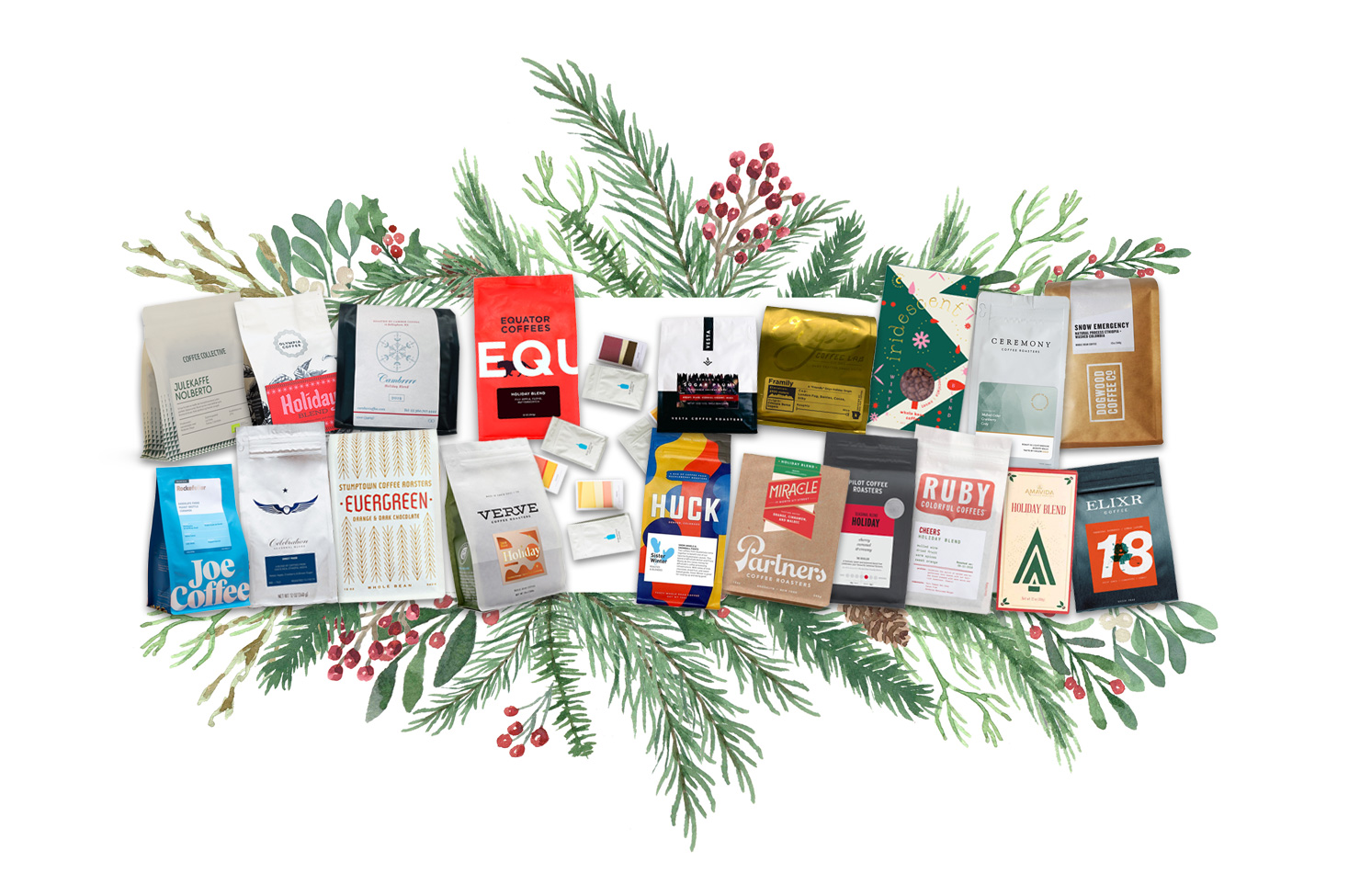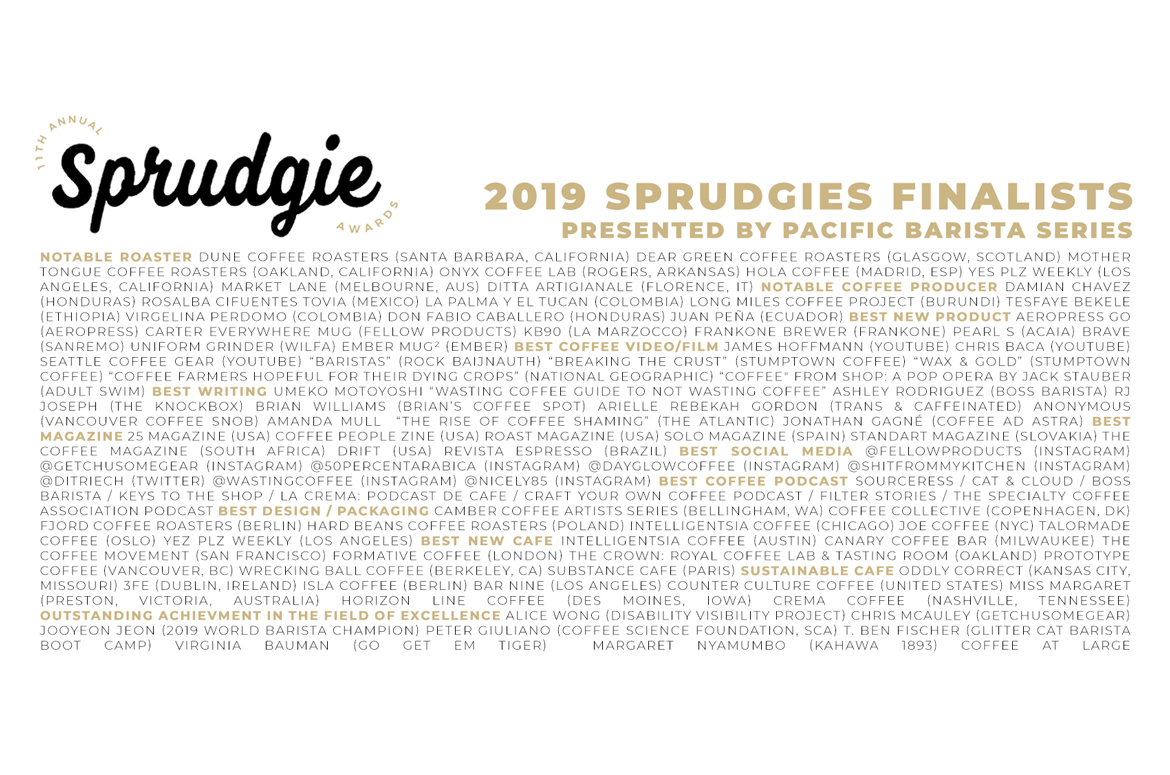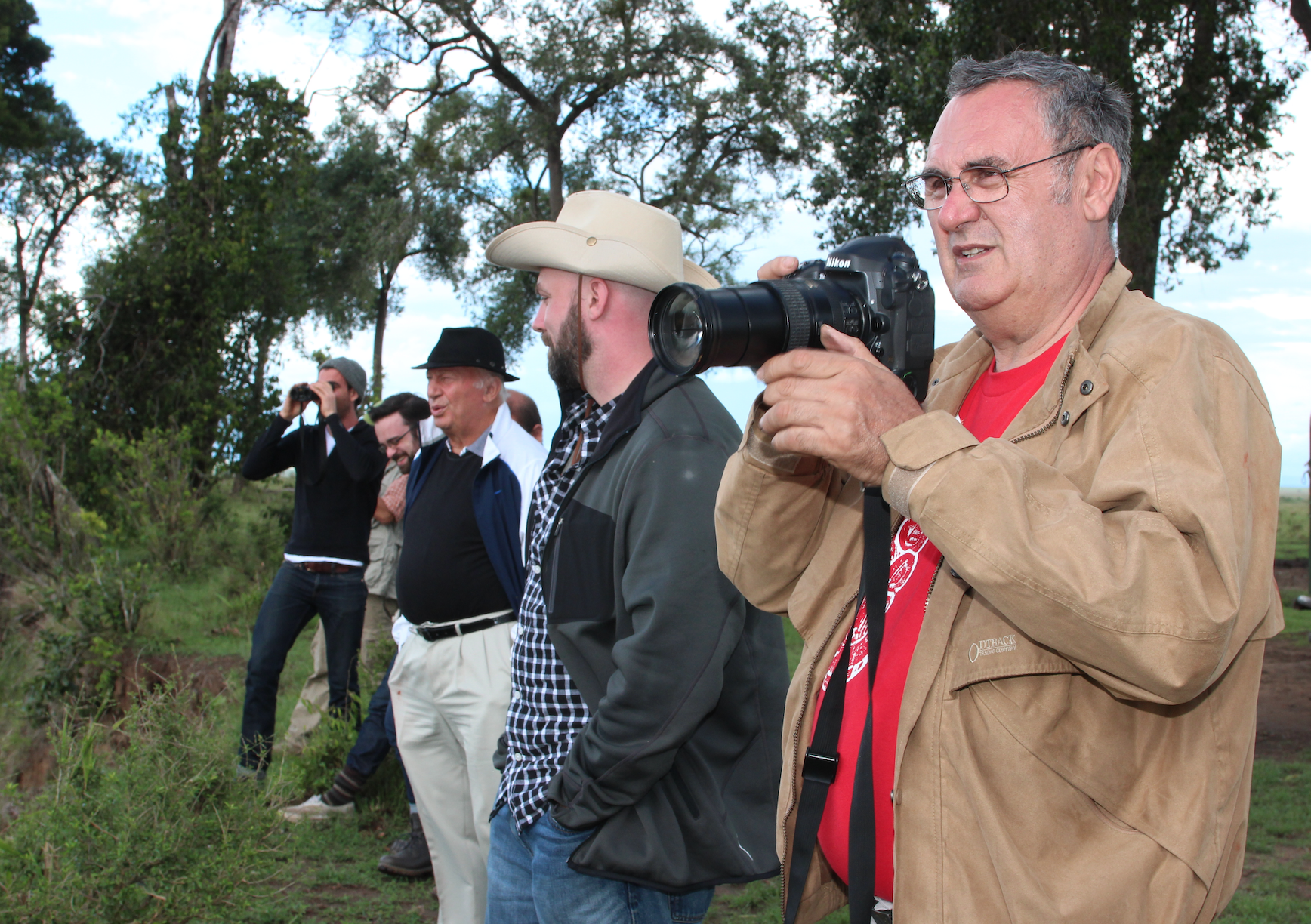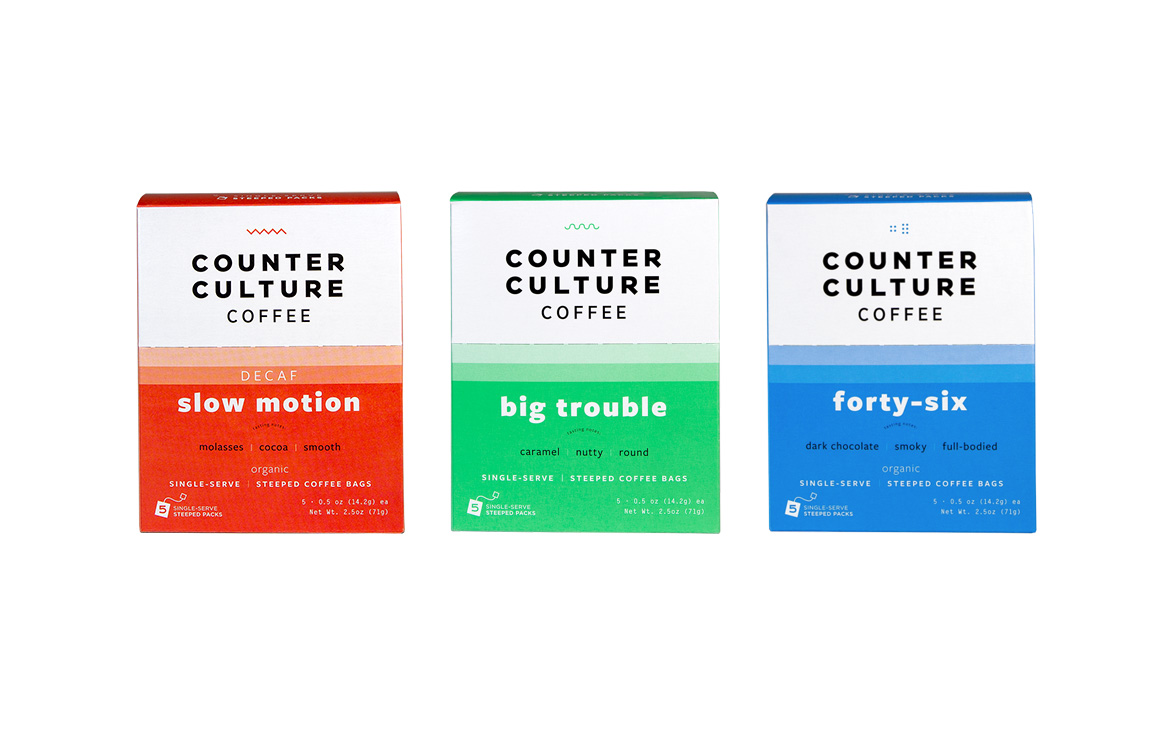Monday, April 16th marks the official launch of “Save Our Soil”, a brand new educational campaign from Counter Culture Coffee. Readers of this website may have noticed “Save Our Soil” banners running alongside our content for the last few months; now it’s time to learn more about what CCC is up to.
You can check out the website for “Save Our Soil” by clicking here, but here’s the campaign at its essence:
Our soils are in crisis. Conventional, chemical-based farming is destroying soil health, leaving farms with increasingly barren earth. Extraordinary coffee – that which we are dedicated to – needs rich, thriving soil, since healthy soil leads to healthy coffee trees, prosperous farms, and delicious coffee.
Of particular interest on that webpage is the FAQ, linked via .pdf at the bottom, which provides 6 pages of in-depth detail on Counter Culture’s vision. This FAQ is a must-read for those who want to learn more.
Having had a chance to learn about Save Our Soil over the last few weeks, we were struck by the fact that there is, in all reality, no product or line of products behind this campaign. One cannot go to Counter Culture’s web store and purchase a “Save Our Soil” blend. It instead appears to be a program designed for genuine, heartfelt advocacy towards a cause that could mean a great deal to the future of the specialty coffee industry.
Counter Culture admits that they themselves have much to learn and miles to go in improving their own program of organic offerings, but they truly believe that there is a great deal of good in demanding a renewed focus on organics. “Save Our Soil” seems to be primarily oriented towards getting people on our side of the chain – in this part of the world – talking about the realities, challenges, and benefits organic agriculture. It’s a fascinating and thought-provoking gambit, one that asks for action in the here and now, but could wind up being tremendously influential in the months and years to come.
We had a chance to sit down with Counter Culture’s Director of Coffee and co-owner, Peter Giuliano, who graciously let his pick at his brains about “Save Our Soil”. Here’s some highlights from our chat with Mr. Giuliano. [Bold emphasis added by editors.]
Sprudge: Tell us more about Save Our Soil, give us a place to start.
Peter Giuliano: “This is our first awareness-raising campaign. it starts at this thing where, because of the way that we work in coffee we are immersed in agriculture. In our experience in the world, the thing we feel like has kind of presented itself to us over and over again is that conventional chemical agriculture is creating a huge problem for specialty coffee. The thing that drives us is coffee quality and flavor…and we as an industry know where that comes from. All of us in coffee are aware of this basic truth: great coffee is a reflection of a natural miracle, coffee being this amazing expression of nature. We know where that comes from, but what we’re seeing is that, in specialty coffee right now, the places that are not caring for their specific natural environment are in crisis. And that is getting worse.”
Sprudge: Can you tell us a little more about which places are, in your view, most in crisis?
Peter Giuliano: “People who are tracking soil loss in the world, the experts, see that East Africa and Central America have the highest rate of soil loss. In Kenya specifically, many places are dealing with soils that are depleted, and you’ve got farmers who are trying their damndest to grow coffee and make a livelihood off of soils that are struggling. It is pretty universal though; I don’t want to create the impression that Kenya is a particular wasteland for soil, because it happens everywhere. Every place that is practicing chemical agriculture extensively has this problem. So it’s every place in the world.”
Sprudge: There’s no product or line of products branded as “Save Our Soil”; talk us about the goals for this campaign.
Peter Giuliano: “We want to raise awareness so that coffees who are being farmed in that way will be acknowledged. I think everyone in coffee understands the connection between soil quality and good coffee. But what people don’t know is that conventional chemical agriculture is destroying coffee soil right now, and that process is happening right under our noses. There is a sort of lack of awareness about how important organic soil building is for coffee, and there’s a lack of awareness for us to think not just about coffee quality but that what we’re doing is supporting great quality coffee in the longer term. For us, everything we’ve learned points to organic farming as being the answer to that. Everybody who is doing coffee seriously understands how important it is to work with farmers, and how important traceability is. What we want to do is raise the same sort of consciousness about farmers who are farming organically.”
Sprudge: Give us some examples of organic farms you’d point to as exemplary.
Peter Giuliano: “Aida Battle is a great example – she was NOT farming organically, but was interested in it because of long term benefits, and we committed to her to remain strong partners and buy her coffee during lower yield transition years. She has been phenomenally successful. Finca El Puente in Honduras is another, along with Finca El Roble in Colombia, Finca Nueva Armenia in Guatemala, plus so many organic farmer co-ops, like the ones in southern Mexico. Most of the organic coffee in the world actually comes from small organic co-ops.”
Sprudge: So to close, say we’ve been inspired by Save Our Soil; where do we start? How can we help?
Peter Giuliano: “The first thing for anybody do – coffee people, anybody who consumes coffee – is to advocate buying organic coffee. That can look like, if you’re a barista, paying attention to whether your coffee is organic or not. Buying organic coffee is step one, and that’s the first thing we want to say to people. We need to support organic coffee growers – we need to buy organic coffee. Step 2 is to say, “I want my coffee to be organic”: if you’re a barista, let your roaster know; if you’re a roaster, let your farmer know; tell everyone that you’d prefer your coffee to be organic, and be willing to put your money where your mouth is. That’s the most powerful thing we can do.
The second thing is, support organic everything else. Milk is the first thing, because it’s so tied to coffee, and that’s economic activity and voting with your wallet. The first part of our campaign is going to be talking about that. The next stage is talking about how to be organic in your own back yard – taking all the organic matter we waste in coffee and turning that back into soil, instead of putting that into a landfill, where it will never become soil. Composting is what we want to be working on and providing education for.
And the last thing is, as we’re getting towards the end of this 18 month campaign, we want to support agricultural training and infrastructure for coffee farmers. There’s lots of coffee farmers out there who, if the demand for organic coffee farming increases (as we want it to), well… okay, here’s a hypothetical: Say I’m a coffee farmer, but I don’t have the resources, I don’t compost, I’ve been farming with synthetic chemicals for the last 20 years, and I just don’t have the resources to switch over. The big thing we’re missing in coffee is support for the farmers who want to switch over. There are people like Aida Battle who had to figure out how to be an organic farmer by herself, and she did that by going outside of El Salvador. This kind of journey is just not available for more farmers. Right now we’re searching for partners, so if somebody wants to write a check to help farmers become organic, we want to put something together so that people can do that, and enact real change. Right now that doesn’t exist – we don’t know of that existing in coffee right now, and one outcome we’d love from “Save Our Soil” would be for that kind of advocacy to be facilitated, to be able to make it happen. For there to be a link between coffee companies, shops, roasters, baristas, whatever, and a way for us to support a farmer to become an organic farmer…that’s our dream. But the first thing we need to do is create demand, and we can do that right now.”
| Correction via Peter Giuliano: Aida Battle had, in fact, stopped using synthetic agrochemicals years before we met. We offered solidarity and financial support while she got certified, a process that took about 4 years. She remains an incredible example of how a farmer can commit themselves to organic agriculture, and achieve tremendous quality because of it. |












